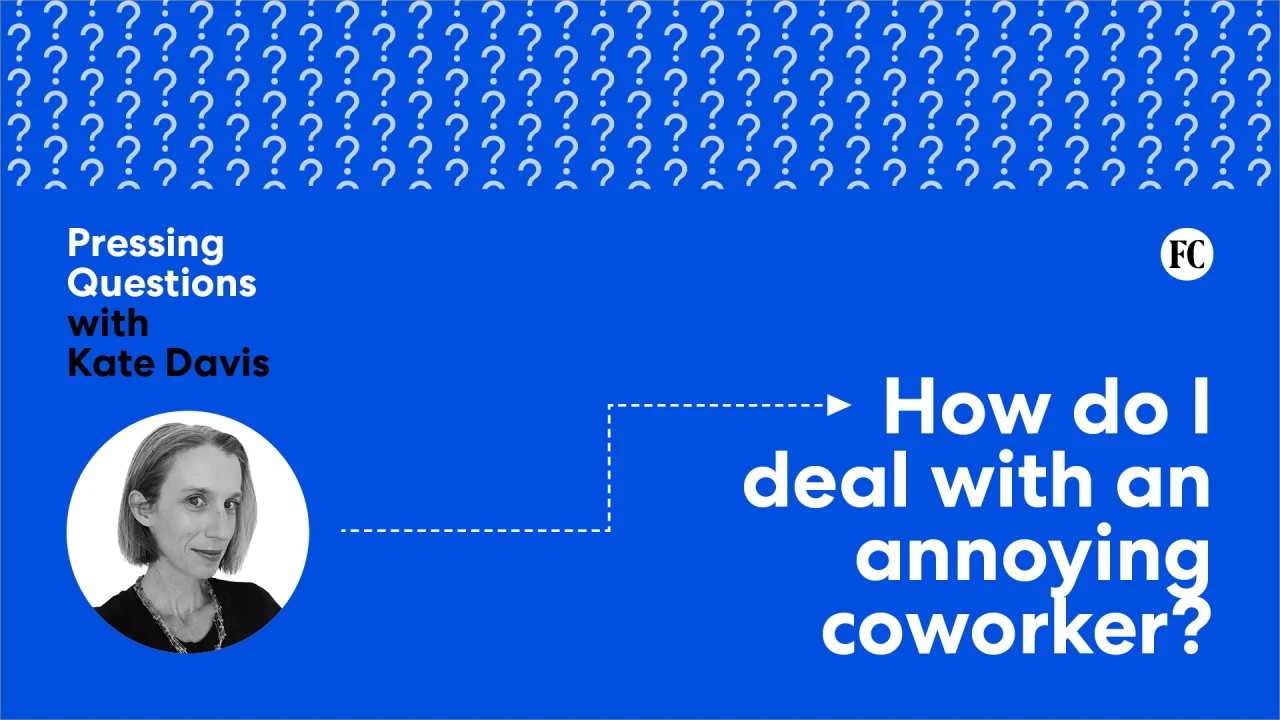Using Modafinil to Increase Daily Productivity
Modafinil is a wakefulness-promoting drug approved for the treatment of excessive daytime sleepiness in narcolepsy, shift work sleep disorder (SWSD), and obstructive sleep apnea with residual sleepiness despite continuous positive airway pressure (CPAP) therapy.

Modafinil is a new type of drug. Unlike previous drugs that improve mental performance in sleep-deprived subjects, this one actually enhances cognition in healthy people who need alertness and concentration for exams or work.
Follow your doctor’s or pharmacist’s instructions exactly. It is important to avoid combining this medicine with other medicines.
It’s a Nootropic
In some articles, Modafinil Australia is called “the world’s first safe smart drug” or a “drug that improves decision-making and problem-solving.” It has been prescribed to people with narcolepsy and off-label used by people with Parkinson’s Disease, ADHD, and Chronic Fatigue Syndrome to stay alert. It’s also a popular option among students and executives for staying on top of work to meet deadlines, outperform competitors, and power through 14-hour work days.
It has less side effects than some stimulants, but it still carries a risk for dependence and may cause jitteriness or anxiety in some people. It’s important to follow the directions on your prescription and speak with your doctor if you have questions or concerns.
There are healthy internet communities dedicated to nootropics, where users rave about superhuman levels of focus and concentration and how they powered through 14-hour work days with modafinil. But they are largely based on anecdotes, not research, and many of them use modafinil illegally by ordering it off the internet from somewhat-shady pharmacies.
It’s better to get enough sleep and eat a balanced diet, and most people can achieve this without a prescription or “smart drugs.” If you really need help to keep your head in the game, try making some changes instead of reaching for a pill.
It’s a Sleep Aid
For those who suffer from chronic sleep deprivation, modafinil is a powerful wakefulness drug that can keep them alert for hours. The drug is also known for enhancing cognition, brightening moods, and reducing the effects of sleep loss on memory and thinking. As a result, it’s been called “the first well-validated pharmaceutical nootropic.”
For people who aren’t narcoleptic patients, taking modafinil to boost performance or get ahead on work or school assignments is not recommended. In fact, it could be dangerous because it may cause severe skin reactions like Stevens-Johnson Syndrome and Toxic Epidermal Necrolysis. Modafinil is a controlled substance and can be abused if used without a doctor’s supervision.
People with sleep disorders should follow their doctor’s advice and use good sleeping habits to get enough rest. They should continue to use breathing devices or other treatment if they have obstructive sleep apnea/hypopnea syndrome (OSAHS). Modafinil can decrease EDS in people with OSAHS, but it won’t cure the condition or eliminate the need for sleep aids.
Moreover, taking modafinil to stay alert for long periods of time can lead to excessive sweating, pounding headaches, and hallucinations. Moreover, sleep deprivation increases stress responses and impairs immune function. It’s not unusual for narcoleptic patients to take the medication for this reason, and soldiers in battle fields also rely on the go-pill to keep themselves awake.
It’s a Memory Enhancer
While Modafinil (Modvigil 200 mg) is known for its waking effects, it has also been shown to boost memory and cognitive functions. It has been used to treat a variety of conditions including shift work sleep disorder, ADHD, depression, Alzheimer’s disease, and jet lag. Additionally, it is often used by people who are working late to stay alert, focus for long periods of time, or enhance their mood and responses to stress.
The cognitive enhancement effect of Modafinil is not as strong as the waking effects, but it is still measurable. In studies that used complex testing paradigms to measure cognitive ability, Modafinil was found to improve performance on tasks that require attention and executive function, as well as improving decision making, learning, and memory. However, it did not make a significant difference in tasks that require divergent creative thinking.
A recent study on healthy non-sleep-deprived subjects reported that cognitive improvement with Modafinil was most pronounced on tasks that involved planning, organizing, and solving problems. These types of tasks typically involve taking in a lot of information, understanding different points of view, and finding solutions.
The research also demonstrated that modafinil has a unique physiological profile compared to traditional psychostimulants. It reduces the amount of blood-oxygen-level dependent (BOLD) activity in the prefrontal cortex and anterior cingulate while dampening amygdala reactivity to threatening stimuli.
It’s a Booster
Although it has a very mild side effect profile compared to traditional stimulants such as amphetamine and methylphenidate, modafinil can still make you feel more awake and alert. But unlike these drugs, it does not increase blood pressure or heart rate, and there is a lower risk for addiction or dependence. However, it is not without its risks.
It may reduce your ability to think clearly and could cause dizziness or sleepiness. Also, it may interact with some medicines, so it is important to tell your doctor about any prescription or OTC medications you are taking, as well as vitamins and supplements. Taking modafinil can also decrease the effectiveness of hormonal birth control (pills, rings, patches). So talk to your doctor about using another form of birth control while taking it and for 1 month after stopping it.
Despite the fact that it is FDA-approved to treat narcolepsy and shift work sleep disorder, many white-collar employees purchase modafinil and its close relative Armodafinil off the internet without a prescription. This can lead to drug abuse and adverse health effects. In addition, long-term use of the drug is not yet well understood. Researchers worry that it can lead to chronic sleep deprivation and affect future sleep, and it could alter cognitive function and suppress emotions. In addition, prolonged sleeplessness induces stress responses and impedes immune system function.




































































![https //g.co/recover for help [1-866-719-1006]](https://newsquo.com/uploads/images/202506/image_430x256_684949454da3e.jpg)


























![[PATREON EXCLUSIVE] The Power of No: How to Say It, Mean It, and Lead with It](https://tpgblog.com/wp-content/uploads/2025/06/just-say-no.jpg?#)





















































